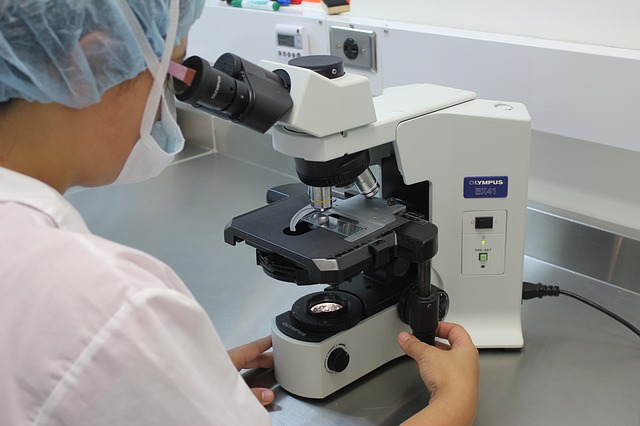After getting success in 1978, by giving birth to the first ‘test-tube baby’ through IVF, almost 6 million test tube babies successfully born by opting for IVF during the last 40 years period. IVF is a hope of infertile couples to start their family. People seek IVF clinics due to increasing fertility issues. Therefore, releasing of success data of IVF and fact disclosure is very important to attract people to opt for this treatment procedure. Failure of the IVF cycle often leads to devastating outcomes because of the psychological breakdown of the patients and their family members.

In India, generally, the IVF success rate lies between 30% to 35%. But many Indian IVF clinic misguides patients by exaggerating the success rate. The resultant of these often patients unable to get their expectation, as repeated failure of the IVF cycle. The outcome of this leads to immense psychiatric problems such as self-blaming tendency, depression, anxiety, etc.
The artificially retrieved egg and sperm from the intended parents and produce embryo in the Petri-dish followed with implantation in the mother womb are the basic steps in the IVF cycle. But the success rate depends upon certain individual factors also, including patient age, egg quality, correct implantation, etc.
Intended parents who pursue IVF treatment often experiencing physiological stress along with distressing wait for pregnancy. Therefore, the trauma of failure of pregnancy after taking IVF treatment often causes an immense psychological breakdown. Indian infertile couples have a belief of a 50% IVF success rate. This is because of the lack of IVF regulation in India, IVF clinics often claim a higher success rate than the real result and lead to a devastating outcome. But it is also a fact that once IVF failure is not the end of the treatment because multiple try for IVF cycles can give a positive result. In this case, the expense of IVF treatment is a considerable factor for decision making. The financial loss of each IVF cycle varies from 60,000 and Rs 2 lakh INR depending upon the treatment charge per cycle.
It is necessary to mention that the IVF success rate in India is standard in comparison with other countries. All India Institute of Medical Sciences (AIMS), Delhi, one of the pioneer medical research institute revealed that 30 to 35% is the usual possibility of the success rate of IVF in India and it can raise up to 40% in case of optimum conduction of procedure under favorable condition. However, the age of women is one of the primary considerations of the IVF success rate. Women under 35 years of age have higher chances of a successful IVF cycle.
The IVF success rate obtained from the US Centers for Disease Control and Prevention data is 38.3% live birth of women under 35 years, this falls to 32% in age between 35 to 37 years, 23.1% at the age between 38 to 40 years and it’s going down to 10.4% after 40 years of age. Similarly, the IVF success rate in the UK is 29% at 35 years, which decreases with increases in age. The UK paradigm showed a 23%, 9%, and 2% IVF success rate in women with age between 38 to 39 years, 40 to 42 years, and after 44 years respectively. In this respect, the current Indian IVF success rate is globally comparable.
The Indian private clinics claim a 2 to 20% higher success rate, which is unethical. The Indian government takes some initiatives to control these unethical practices, which include the Indian Council of Medical Research (ICMR) issued National Guidelines for Accreditation, Supervision, and Regulation of ART Clinics in India, but these are not legally enforceable yet, and private clinics ignore it without peril. In 2017, the Indian government also issued a draft Assisted Reproductive Technology (Regulation) Bill for the ethical practice of ART by regulating and supervising ART clinics. But yet now this Bill also has not been passed. In this scenario, former professor of AIMS, Dr. Nutan Aggarwal in the obstetrics and gynecology department recommended the requirement of a centralized registry for documentation and standardization of IVF data across the country. This can helps to restrict private clinics to provide false declaration of IVF cycle success rate to the impending patients.

Ravi Sharma is a self-motivated, successful entrepreneur and has a solid experience in the fertility segment. and he is the director at ARTbaby Global (ARThealthcare). He is a pharmacy graduate with post-graduation in business administration and has 14 years of rich experience in the field of infertility segment. He loves to write about IVF, Surrogacy, and other ART (assisted reproductive technology) news, issues, and updates. He is a Pharmacy graduate (B. Pharm) and M.B.A (marketing).
His most recent success includes the successful launch of the medical tourism company, ARTbaby, which offers treatment options for infertility, egg donation, and surrogacy. He likes spending time with his family and writing about various aspects of IVF surrogacy and donating eggs.
